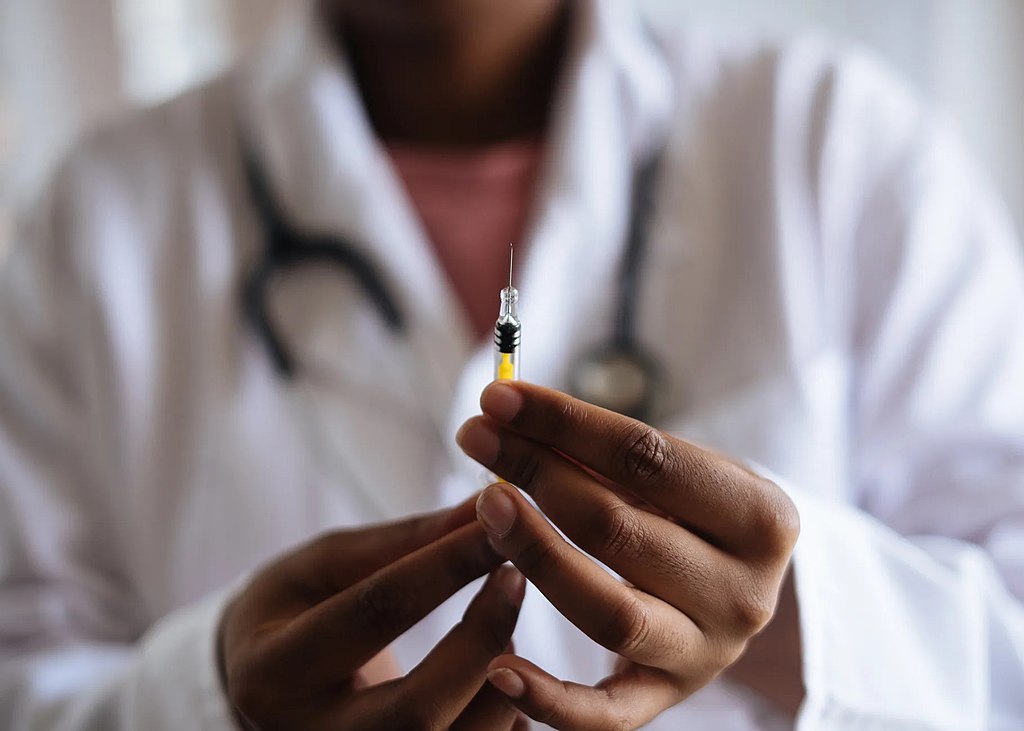On Monday, pharmaceutical company Pfizer Inc announced that its candidate coronavirus vaccine is more than 90% effective in preventing Covid-19, according to interim analysis data.
Pfizer and its German partner BioNTech are the first to be able to present successful results after a large-scale clinical study. According to the companies, no serious side effects occurred during the study, they said in a joint press release.
The US's Food and Drug Administration (FAD) has said it would expect at least 50% efficacy from any coronavirus vaccine. Pfizer's candidate vaccine, however, with 90% efficacy, is clearly doing better than what many experts had hoped for.
Related News
- Coronavirus vaccine could be ready before Christmas, Oxford trial boss says
- Coronavirus: Over one in five infected still show symptoms after two months
- Covid-19 vaccine-booster will be mass produced in Wallonia
This vaccine efficacy was measured by comparing the number of infected participants who had received the vaccine, and those in the group who had received a placebo, seven days after the second dose and 28 days after the first.
This means that protection is achieved 28 days after the initiation of the vaccination, which consists of a 2-dose schedule, they added. The company hopes to deliver 100 million doses by the end of 2020, which should be 1.3 billion by the end of 2021.
In the second half of November, Pfizer intends to use an emergency procedure to request permission for rapid production of the vaccine in the US.
UPDATE: We are proud to announce, along with @BioNTech_Group, that our mRNA-based #vaccine candidate has, at an interim analysis, demonstrated initial evidence of efficacy against #COVID19 in participants without prior evidence of SARS-CoV-2 infection.
— Pfizer Inc. (@pfizer) November 9, 2020
“Today is a great day for science and humanity," said Dr. Albert Bourla, Pfizer Chairman and CEO, calling the early results a "critical milestone in our vaccine development program at a time when the world needs it most."
On Wednesday 4 November, the head of the vaccine trials at the University of Oxford, Andrew Pollard, said that there is “a small chance” that the Oxford/AstraZeneca coronavirus vaccine will be ready for use before Christmas.
If everything goes according to plan, Belgium can expect to launch the first major vaccination campaigns “sometime in spring next year,” probably between March and June, according to virologist and interfederal Covid-19 spokesperson Steven Van Gucht.
Maïthé Chini
The Brussels Times

